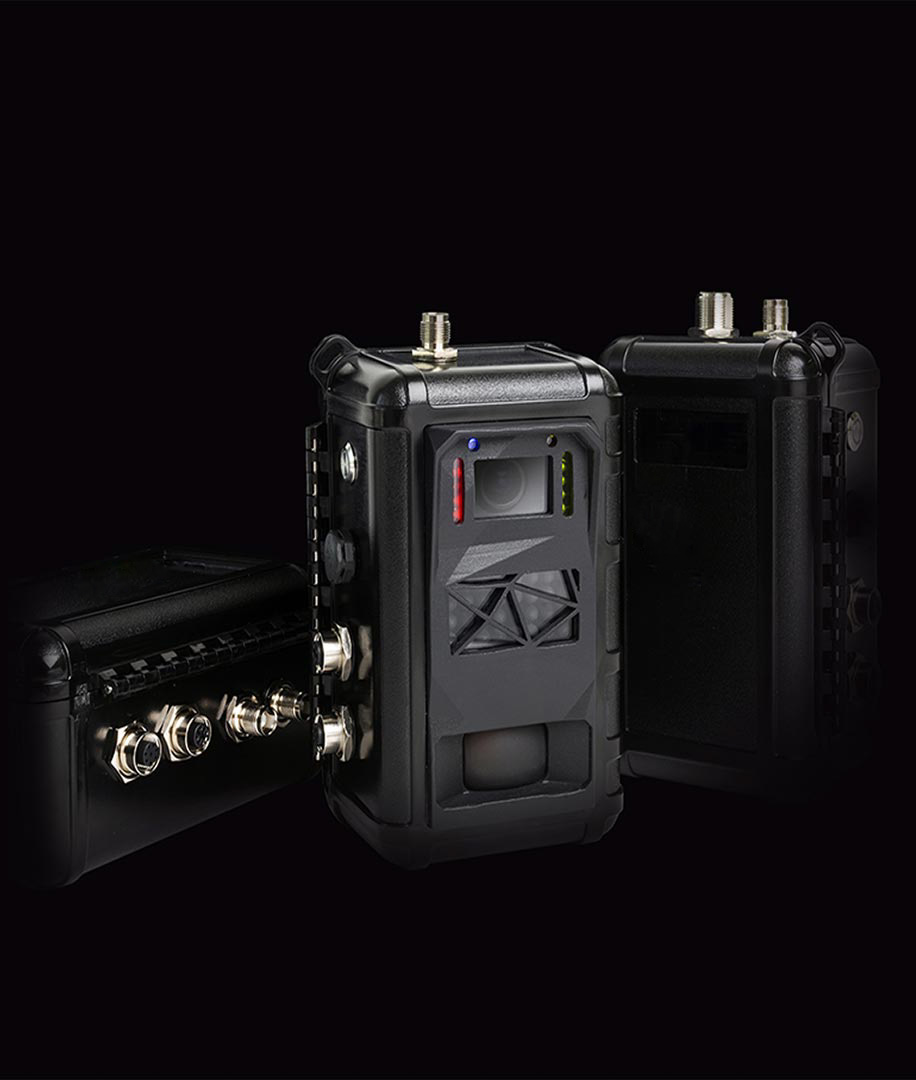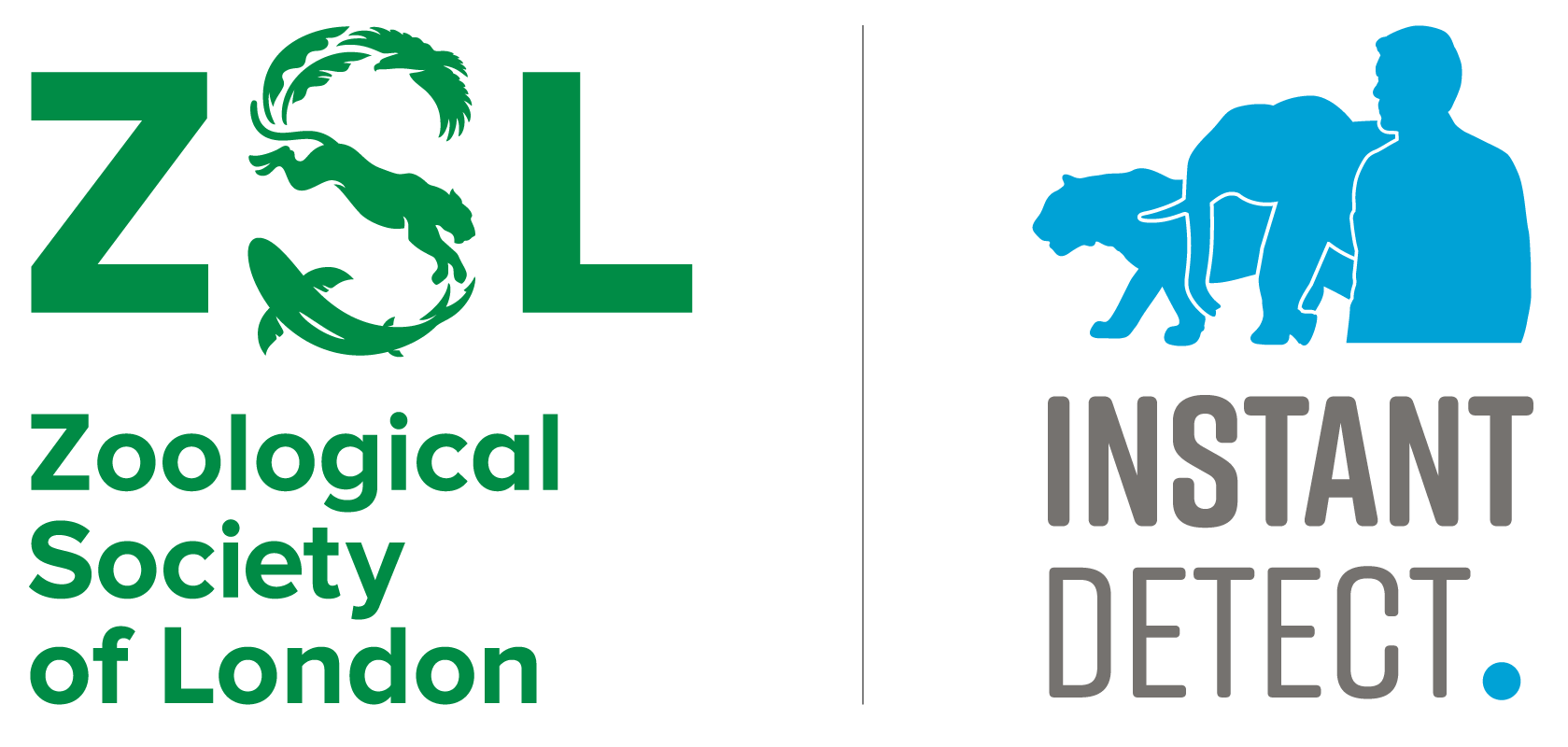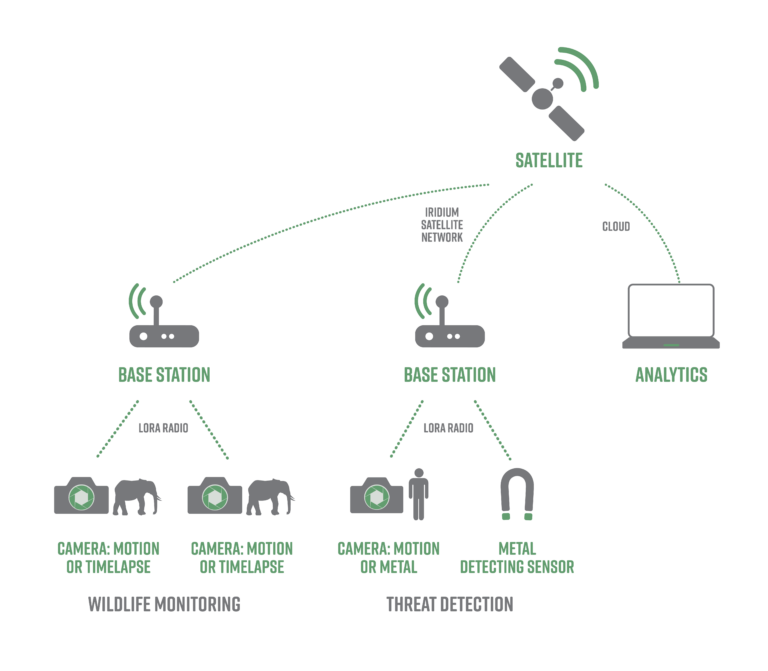Instant Detect 2.0 was developed by the Zoological Society of London to meet the needs of conservationists, scientists and wildlife rangers working in the most difficult and unconnected landscapes
ZSL's Instant Detect is a wildlife, environment and threat monitoring system designed specifically to meet conservationists’ and wildlife rangers’ demanding needs
Quick and easy to deploy, ZSL’s Instant Detect 2.0’s rugged, lightweight, battery powered cameras and sensors can be placed in the most remote, unconnected and harsh landscapes to gather and transmit images and data for near real-time insights
Instant Detect Top Features
Deploy
anywhere
Real-time
images

Affordable
connectivity
Rucksack
portable
Designed by conservationists for conservationists
WILDLIFE MONITORING
Instant Detect 2.0 can be used in locations where it has never before been possible to monitor animals or the environment in near real-time.
From the darkest wettest jungles to baking dusty deserts, tropical archipelagos to the frozen beaches of Antarctica, the conservation applications are endless.
With an in-built PIR sensor the camera can detect wildlife movement, or it can capture images using time-lapse.
Regular system ‘health’ reports enable intelligent and efficient system maintenance only when it is needed.
THREAT DETECTION
Instant Detect 2.0 can provide near real-time detection of threats to wildlife or the environment so that rangers can mount an immediate response before it is too late.
When paired with a metal detecting sensor, the camera will only trigger when it detects human activity, be it a single bushmeat poacher carrying a bundle of snares, or a sophisticated hunting team with rifles and vehicles.
In open landscapes where a camera would be too easily seen, the Sensor Endpoint can be completely buried with the metal detecting sensor to provide undetectable threat alerts.
The Instant Detect System
The Instant Detect 2.0 system forms a local radio network between multiple camera and sensor endpoints and a single satellite connected Base Station.
Images and data are sent from the cameras and sensors to the Base Station using low power long range (LoRa) radios.
The Base Station stores and then transmits received images and data to the cloud using Iridium satellite connectivity.
Local camera and sensor network
Cameras and sensors form a network using long range radio to maximise coverage and minimise satellite transmission costs.
Low-cost satellite connectivity
Images and data are sent in near real time from anywhere in the world using Iridium satellite connectivity.
Online data access
View and manage collected images and data online with Instant Detect Cloud.
Light weight and portable
Packs into a rucksack for portability with no fixed infrastructure required.
Low maintenance and long lasting
Devices are low-power and designed to be deployed for long periods without requiring servicing.
User friendly
Quick and easy to install requiring no specialist knowledge, with simple control interfaces and diagnostics.
Metal detecting sensors
Highly sensitive metal detecting sensors can be used to trigger the camera or be totally buried for covert threat detection.
Easy to conceal
Cameras can be easily camouflaged, while Sensor Endpoints and Base Stations can be entirely buried.
Change settings remotely
Change device settings from the Base Station and view settings remotely at Instant Detect Cloud.
Please note
Instant Detect 2.0 is currently undergoing Beta testing.
System launch is anticipated in 2024.



